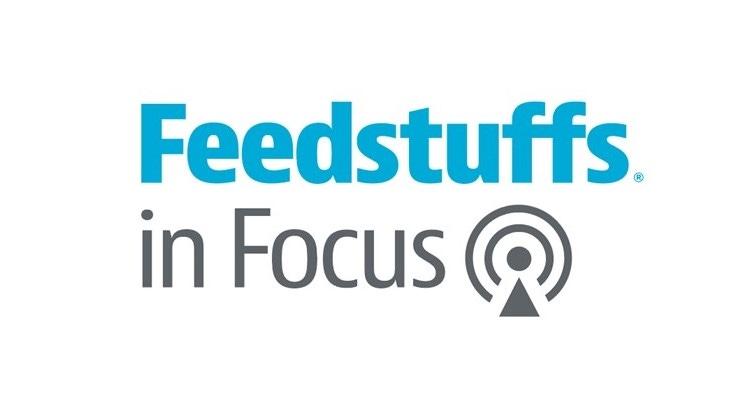Cattle liquidation delay has implications for pork, poultry
USDA's latest cattle inventory report showed a smaller herd, but perhaps not small enough given long-term trends. With higher feed costs, 2021 will be very interesting for beef, pork and poultry producers.
February 5, 2021

The U.S. Department of Agriculture reported last week that beef cattle inventories were slightly smaller than a year ago, but given long-term market trends, there may yet be too many cows producing too many calves to keep producers profitable over the long haul. Couple that with rising feed costs and a shifting policy situation in Washington, and it’s an interesting time — to put it mildly — to be in the animal protein business.
In this episode of Feedstuffs In Focus we talk with a long-time animal protein analyst with one of the world’s leading agri-finance companies about what he took away from last week’s Cattle Inventory Report, and what the data means for beef, swine and poultry producers.
Don Close is a senior animal protein analyst at Rabo AgriFinance in the RaboResearch Food & Agribusiness group. There he is responsible for analyzing all animal protein sectors with a specialization in beef. His extensive research experience includes confinement cow/calf operations, ground beef, and development in international trade.
Close explains not only what we learned from the latest USDA data, but also what it means for beef, pork and poultry producers over the next year, including price implications and the possibility of shrinking profits given higher feed costs that could go higher yet. He also discusses his concerns for ag-related policies from a new administration and how they could affect producers out in the countryside.
This episode of Feedstuffs In Focus is sponsored by United Animal Health, a leader in animal health and nutrition. You can learn more about United Animal Health and how they are working to advance animal science worldwide by visiting their website UnitedANH.com.
You May Also Like



